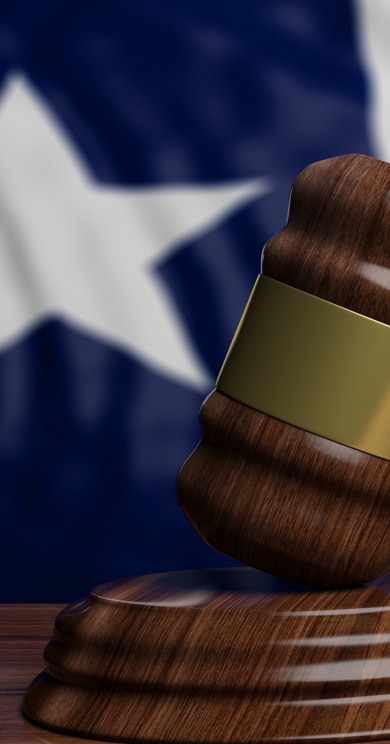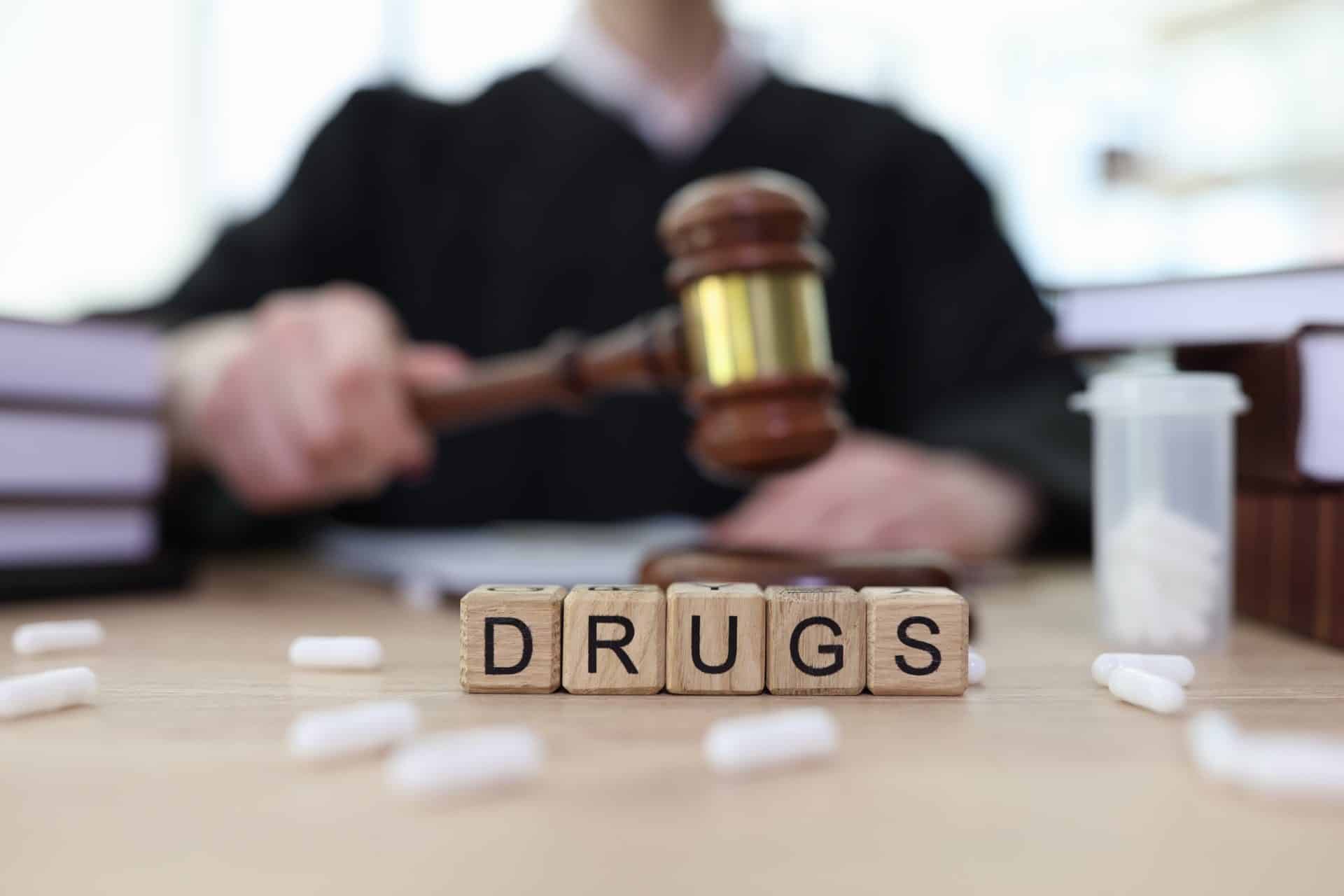
Texas takes criminal offenses involving drugs and controlled substances seriously. While many people recognize that the possession, sale, or trafficking of controlled substances like heroin, cocaine, and methamphetamine can result in significant criminal charges, the laws around prescription drug abuse can be more obscure and less familiar to Texas residents. If you are facing prescription drug charges in the Pearland or Brazoria County area, you should contact a skilled and experienced criminal defense attorney immediately to discuss your case. Together, you can determine the most strategic course of action aimed at obtaining the most favorable outcome possible given the case’s specific circumstances. Below is a brief overview of prescription drug charges, their consequences, and steps you can take if law enforcement has arrested you for such an offense.
How Texas Law Defines Prescription Drug Fraud
According to Title 6, Section 481.129 of the Texas Health and Safety Code, prescription fraud occurs if a person intentionally and knowingly: “(1) distributes as a registrant or dispenser a controlled substance listed in Schedule I or II, unless the person distributes the controlled substance as authorized under the federal Controlled Substances Act; (2) uses in the course of manufacturing, prescribing, or distributing a controlled substance a Federal Drug Enforcement Administration registration number that is fictitious, revoked, suspended, or issued to another person; (3) issues a prescription bearing a forged or fictitious signature; (4) uses a prescription issued to another person to prescribe a Schedule II controlled substance…” or engages in another type of prescription drug fraud.
Common Types of Prescription Drug Fraud in Texas
Essentially, a person can face prescription drug fraud charges in Texas if they knowingly and intentionally engage in any of the following activities:
- They use a fictitious, revoked, or suspended registration number when manufacturing, distributing, or prescribing a controlled substance
- They issue a prescription using a forged or false signature
- They use someone else’s valid prescription to prescribe a Schedule II drug
- They possess or attempt to possess a controlled substance through misrepresentation, fraud, forger, or oral or electronic deception
- They produce fraudulent information or falsify documents, reports, or applications to obtain or prescribe controlled substances
- They deliver a prescription or prescription form for any purpose other than a valid medical purpose in the context of professional practice
Additionally, anyone who makes, distributes, or possesses anything that can be used to reproduce a trademark name or identifying mark of a controlled substance with the intent to create a counterfeit controlled substance may face criminal penalties.
Real-World Examples of Prescription Drug Fraud Crimes
Prescription drug fraud activities can take several forms, with most leading to significant criminal penalties. Below are some common scenarios in which a person may face prescription drug fraud charges for engaging in the following activities.
Forging Prescriptions
When someone steals slips from a physician’s prescription pad and uses these to write prescriptions for themselves, others, or fictitious individuals in order to obtain controlled substances from pharmacies or medical dispensaries, this can lead to criminal charges. Essentially, you are abusing a medical professional’s authority to prescribe these controlled substances to gain access through fraudulent means.
Changing or Altering Prescriptions
Those who modify a legitimate prescription to secure more pills, refills, or increase the dosage of a controlled substance can face prescription drug charges. Unfortunately, some patients become addicted to a controlled substance and take drastic and unlawful actions to increase their supply.
Impersonating Medical Professionals
Some people call in a prescription to a pharmacy by impersonating a medical professional or claiming to be an employee at a doctor’s office. However, this action can result in criminal charges, as it is an attempt to gain access to controlled substances through fraudulent means.
Criminal Penalties for Prescription Drug Fraud in Texas
The criminal penalties for prescription drug fraud crimes depend on the type of controlled substance involved. For less addictive substances, such as Schedule V drugs, a person found guilty of prescription drug fraud will likely face up to one year behind bars and a fine of up to $4,000. This is considered a Class A misdemeanor offense. However, the charge elevates to a third-degree felony if the activity involves a Schedule III or IV substance, carrying a penalty of two to ten years of imprisonment and up to $10,000 in fines. Offenses involving a Schedule I or II drug often lead to a second-degree felony charge, carrying a prison sentence between two to twenty years and up to $10,000 in fines.
Keeping Your Future as Bright as Possible
Facing any type of criminal charge can be overwhelming, especially if you have had no previous interactions with the Texas criminal justice system. Before you jump to picturing the worst-case scenario, contact a knowledgeable and experienced Pearland criminal defense lawyer to discuss your situation. Your attorney will assess every detail of your case and help you determine the most strategic path forward, defending your future and your freedom at every turn.
Call the Law Offices of Keith G. Allen, PLLC, today at (832) 230-0075 to schedule a free consultation with a dedicated and experienced Pearland criminal defense attorney.





